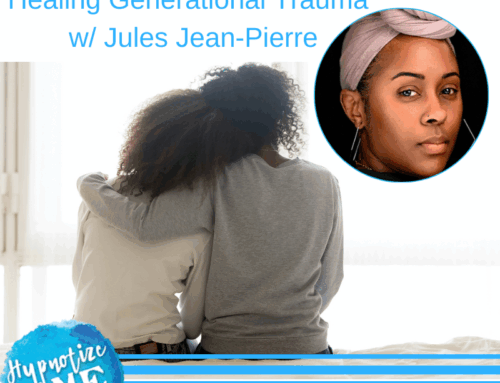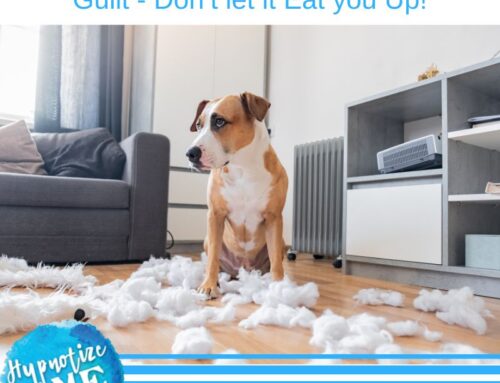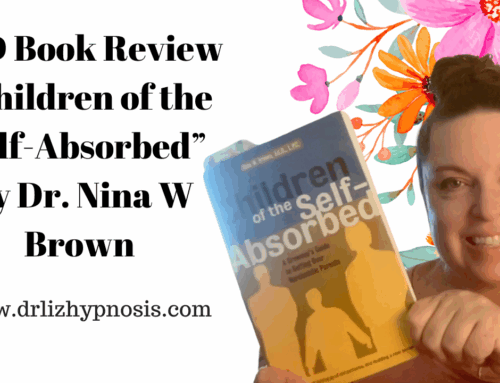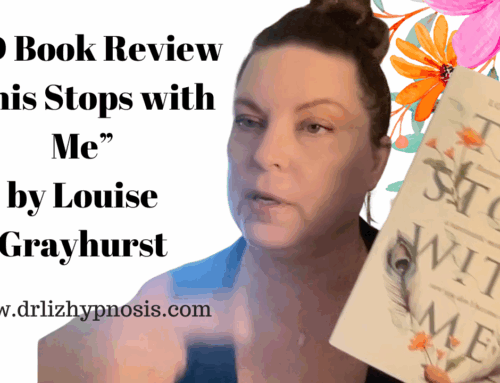O Magazine’s Article about a Toxic Mother
 I just finished reading O Magazine’s section on mental illness. It covered depression, anxiety, what your shrink’s really thinking, therapy myths and had a whole section on a toxic mom from her adult child’s (author Katie Arnold-Ratliff) perspective. It’s heart breaking to read and very familiar. I hear it in my office all the time. The mom in the article was eventually diagnosed with bipolar disorder and a psychotic break was mentioned as well.
I just finished reading O Magazine’s section on mental illness. It covered depression, anxiety, what your shrink’s really thinking, therapy myths and had a whole section on a toxic mom from her adult child’s (author Katie Arnold-Ratliff) perspective. It’s heart breaking to read and very familiar. I hear it in my office all the time. The mom in the article was eventually diagnosed with bipolar disorder and a psychotic break was mentioned as well.
While I have compassion for her mental illness, what struck me the most was the author’s window into what life was like as a child of a toxic parent. And how it eventually affected her. Her inner voice became
“You’re poison. You deserve nothing good. People who say they love you are lying . . . You shouldn’t exist. Do what’s right. Rid the world of the burden of you.”
Children of toxic parents internalize awful, hurtful voices. His or her little bitty Inner Child doesn’t feel loved, nurtured, or supported. They carry these voices into their adult lives and then feel depression, anxiety (or both!) and often suicidal. Addiction can also come along as a way to numb the pain.
There is help to re-parent your Inner Child, who I like to call “Little.” Why do this? So that your inner voice becomes nurturing, gentle and supportive of you. So you stop beating yourself up and being hard on yourself. So that feelings of depression, shame, and sadness decrease.
One of the exercises I often have clients do and I suggest for everyone is a dialogue between your Grown-up self and your Inner Child. It’s described in the book, “The Journey from Abandonment to Healing” by Susan Anderson. It’s an excellent book, by the way. I read it and years later saw it on a book list as a book for Borderlines.
Here’s the brief version of the dialogue.
Write just like you’re talking to Little. Listen to Little.
Little: I feel scared and alone right now.
Big: Oh, I’m so sorry, Little. I’m here to take care of you. What do you need?
Little: I need to leave this situation.
Big: I am listening. We will leave. Give me 5 minutes to wrap up here. Do you need anything else?
Little: Yes, I really need a hug.
Big: No problem. Here is a huge hug for you. Hang on now . . .
It’s not always possible to leave a situation. Let’s say you can’t. The you would talk to Little about that and ask him or her what she needs to feel o.k. until you can leave. You can use this in all kinds of situations. I suggest writing it out, by hand, in a notebook that you can keep safe and secure at least once a day. After a week or two, the dialogue will get easier and you’ll find you can do it in your head when you’re out and about.
If you want support for how to handle a Toxic parent and you live in the Broward County and the Fort Lauderdale / South Florida area, Call me at 954-309-9071 to schedule a free consultation for psychotherapy.
Yours in health,
Dr. Bonet






